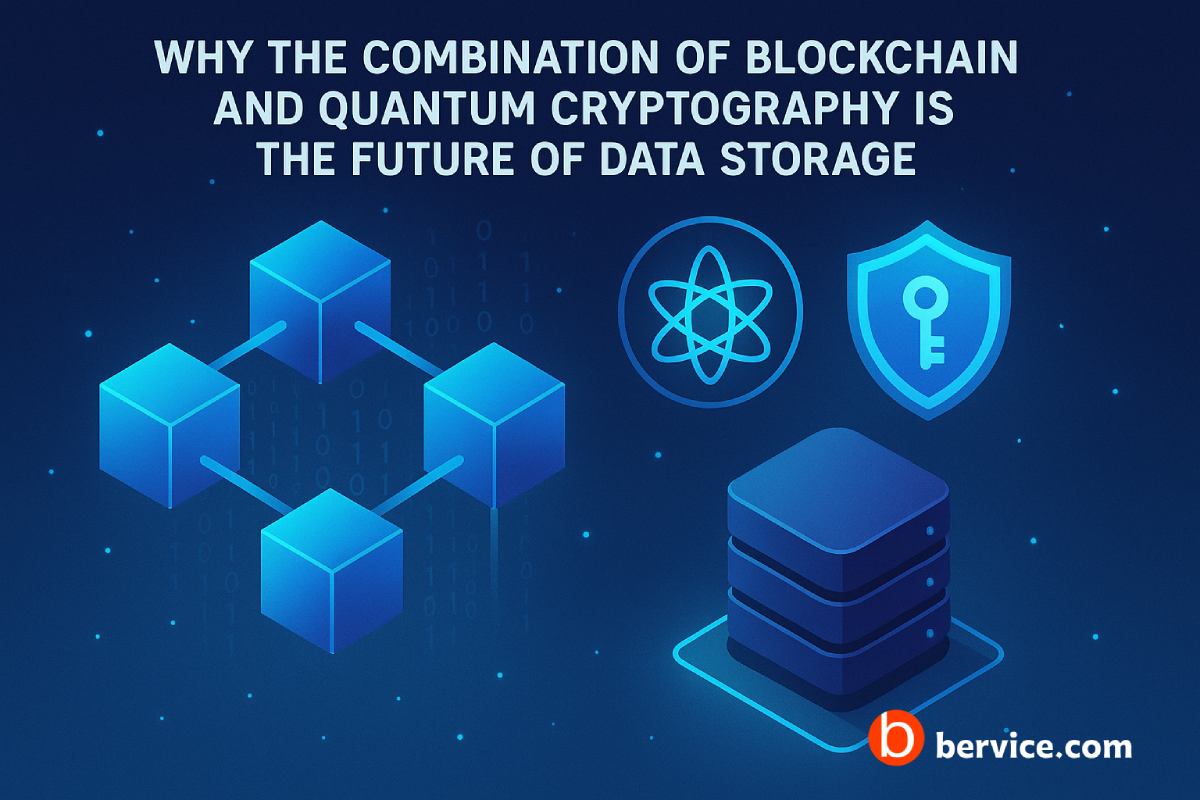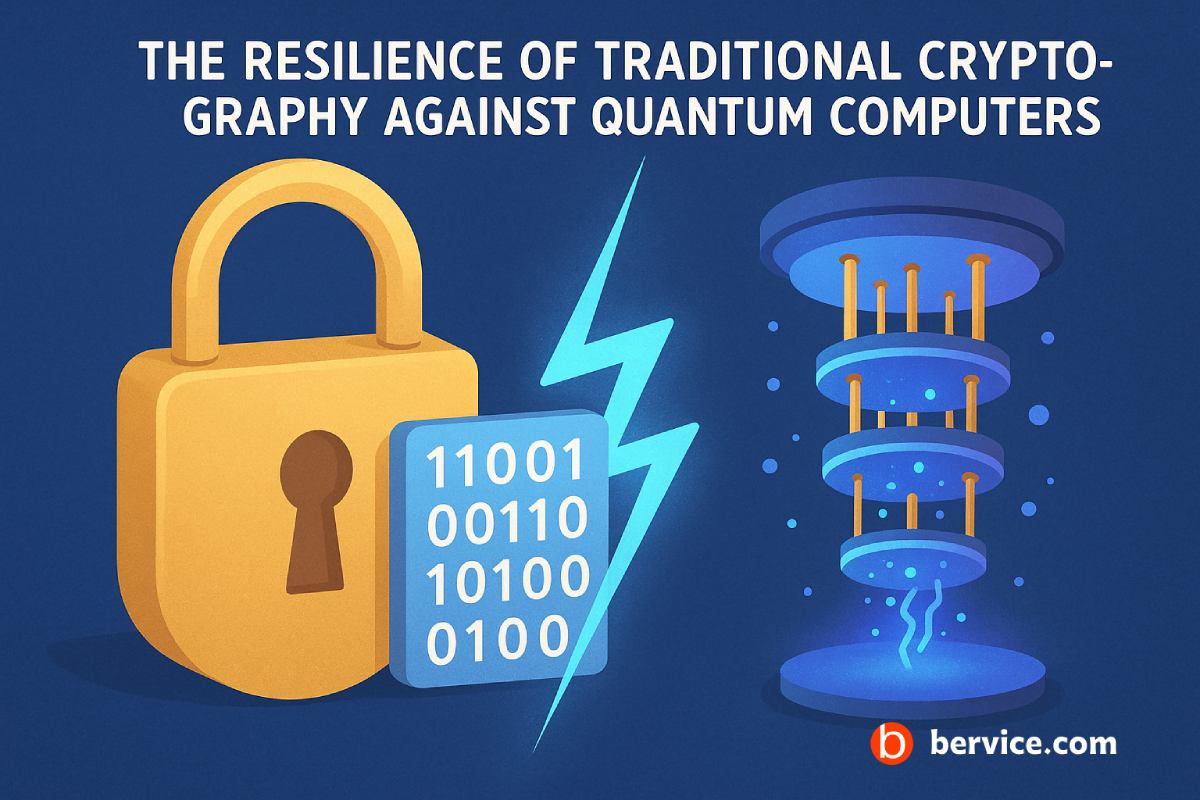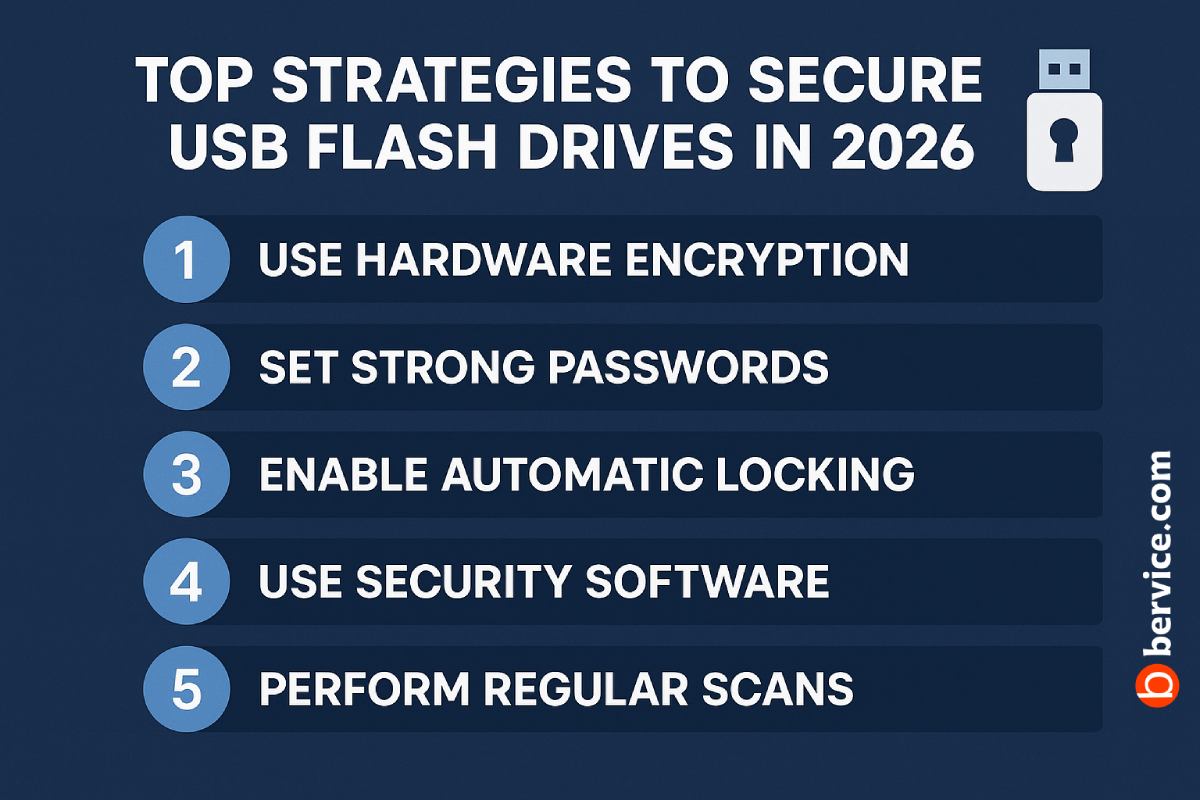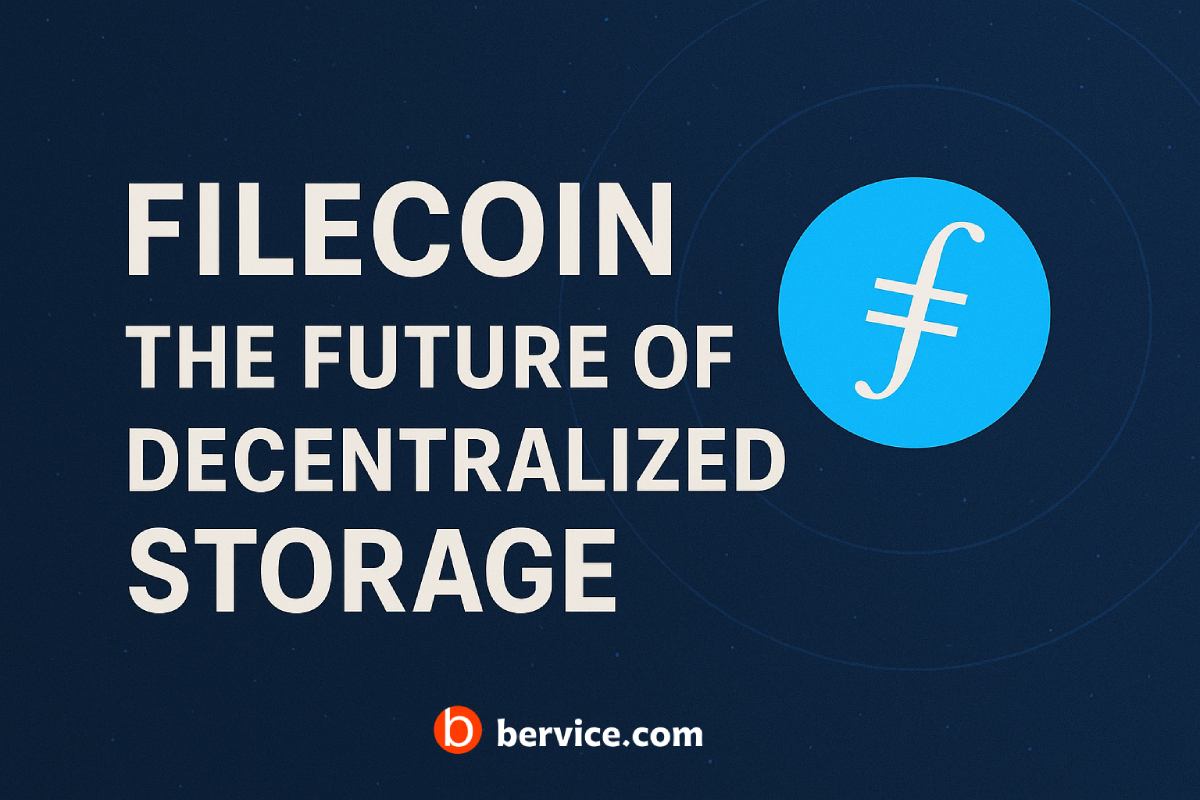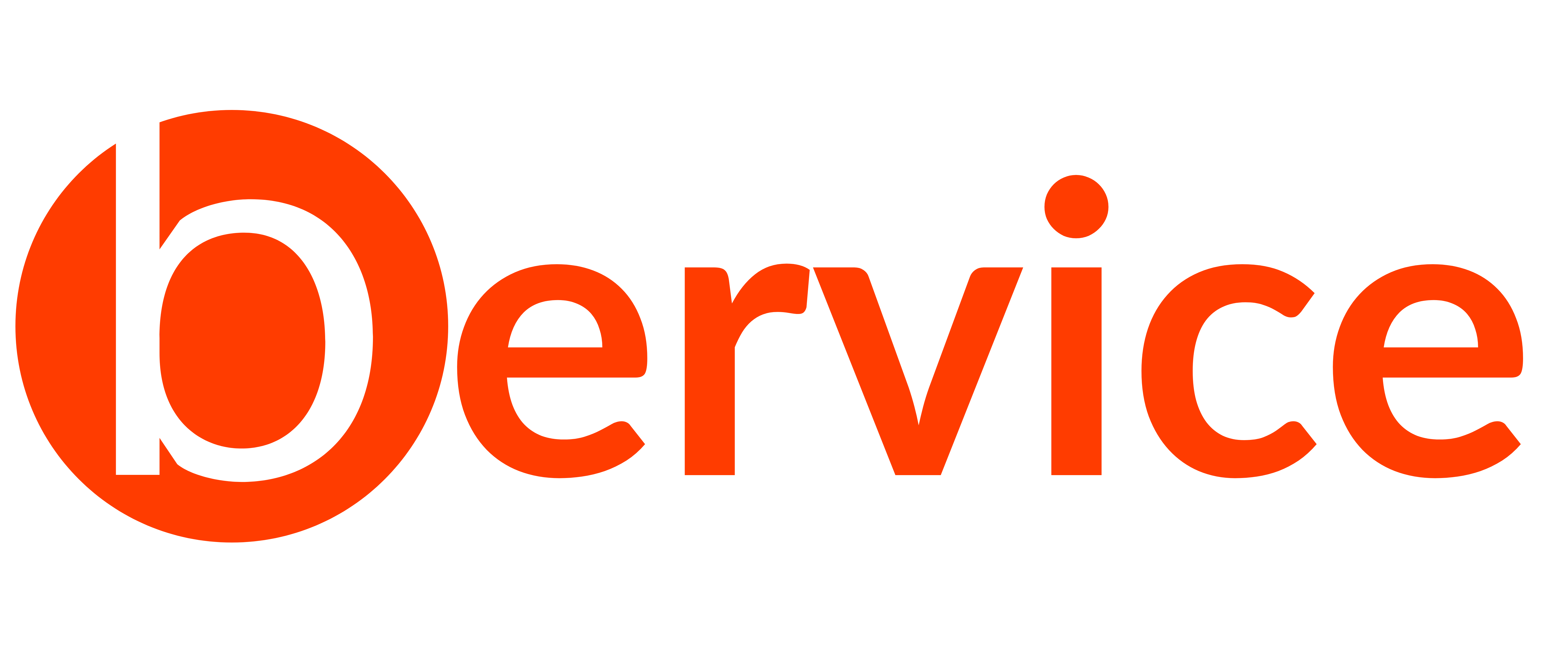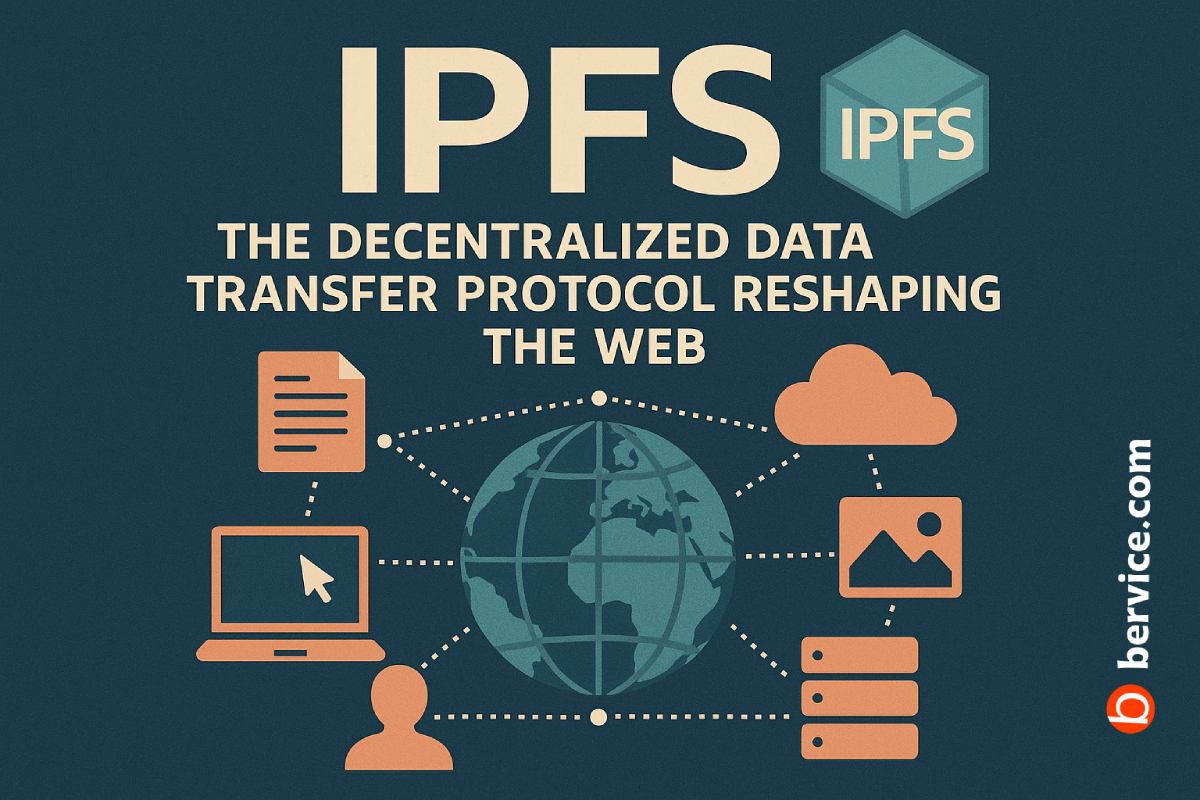
In the ever-evolving digital age, managing personal and organizational data has become one of the most critical challenges faced by individuals and companies alike. As data generation continues to increase, the need for secure, efficient, and transparent data storage systems has never been more urgent. Blockchain technology, along with decentralized storage solutions, is emerging as a promising answer to these challenges. This article explores how blockchain and decentralized storage will shape the future of personal and organizational data.
1. Understanding Blockchain and Decentralized Storage
Blockchain is a distributed ledger technology that securely stores data across a network of computers. It allows transactions to be recorded in a transparent, immutable, and decentralized manner. Each “block” in the blockchain contains a set of data, and these blocks are linked together to form a chain. The decentralized nature of blockchain ensures that no single entity controls the data, making it resistant to censorship and fraud.
Decentralized storage, on the other hand, refers to data storage solutions that are distributed across multiple nodes, rather than being stored in a centralized location like traditional cloud services. Popular decentralized storage platforms include IPFS (InterPlanetary File System), Filecoin, and Arweave, which ensure that data is encrypted, distributed, and accessible only to those with the proper keys.
2. Benefits of Blockchain in Data Storage
- Security and Privacy: Blockchain’s cryptographic mechanisms provide enhanced security for data. Since blockchain uses encryption, data stored within blocks is secure from tampering and unauthorized access. Additionally, personal data can be shared and accessed with the user’s consent through smart contracts, allowing for better privacy control.
- Decentralization: Traditional centralized systems pose a single point of failure. A hack or technical failure can expose massive amounts of data. In contrast, decentralized storage ensures that data is not held by a single entity, reducing the risks associated with breaches, hacks, and data manipulation.
- Transparency and Auditability: Blockchain’s immutable nature means that once data is recorded, it cannot be changed or deleted. This feature is particularly useful for both personal and organizational data, as it ensures that records are transparent, auditable, and tamper-proof. Businesses can track changes in real-time and ensure compliance with various regulations.
- Data Ownership and Control: One of the key aspects of blockchain and decentralized storage is the ability to give individuals complete control over their data. Rather than relying on large corporations or centralized systems, users have the power to manage their own data, granting access only to trusted parties through blockchain-based permissions.
3. Challenges and Considerations
While blockchain and decentralized storage offer significant advantages, they are not without their challenges:
- Scalability: The scalability of blockchain and decentralized storage solutions is still a work in progress. Storing large amounts of data in a decentralized manner can be resource-intensive, and current technologies need to improve in terms of speed and capacity.
- Adoption and Integration: Transitioning from traditional, centralized data storage systems to decentralized ones requires widespread adoption, which will take time. Organizations need to invest in training, infrastructure, and ensuring interoperability with existing systems.
- Regulatory Concerns: The decentralized nature of blockchain complicates regulatory oversight. Governments and regulatory bodies must work to establish frameworks that allow decentralized systems to operate legally, ensuring that they adhere to privacy laws, data protection regulations, and financial compliance.
4. The Future of Personal and Organizational Data
The combination of blockchain and decentralized storage has the potential to transform how both personal and organizational data is handled. For personal data, individuals will have the power to own, control, and share their information in a secure, transparent way. This will lead to more privacy and trust between users and service providers.
For organizations, the ability to securely store and manage sensitive data on decentralized platforms can improve data integrity, reduce the risk of data breaches, and increase efficiency. Blockchain can also streamline supply chains, financial transactions, and other critical business operations by providing an immutable, transparent ledger.
As decentralized storage technologies continue to evolve, they will play a crucial role in securing the digital future. By reducing reliance on centralized data centers and empowering individuals and organizations with greater control over their data, blockchain and decentralized storage will redefine the way we store, share, and protect information.
Conclusion
In conclusion, blockchain and decentralized storage are poised to play a pivotal role in the future of personal and organizational data management. With enhanced security, privacy, transparency, and decentralization, these technologies offer a promising solution to the growing concerns surrounding data breaches, privacy violations, and centralized control. However, challenges like scalability, adoption, and regulation must be addressed for these technologies to reach their full potential. The future of data management will likely see a shift toward decentralized systems, empowering users and organizations to regain control over their data in a secure and transparent environment.
Connect with us : https://linktr.ee/bervice
